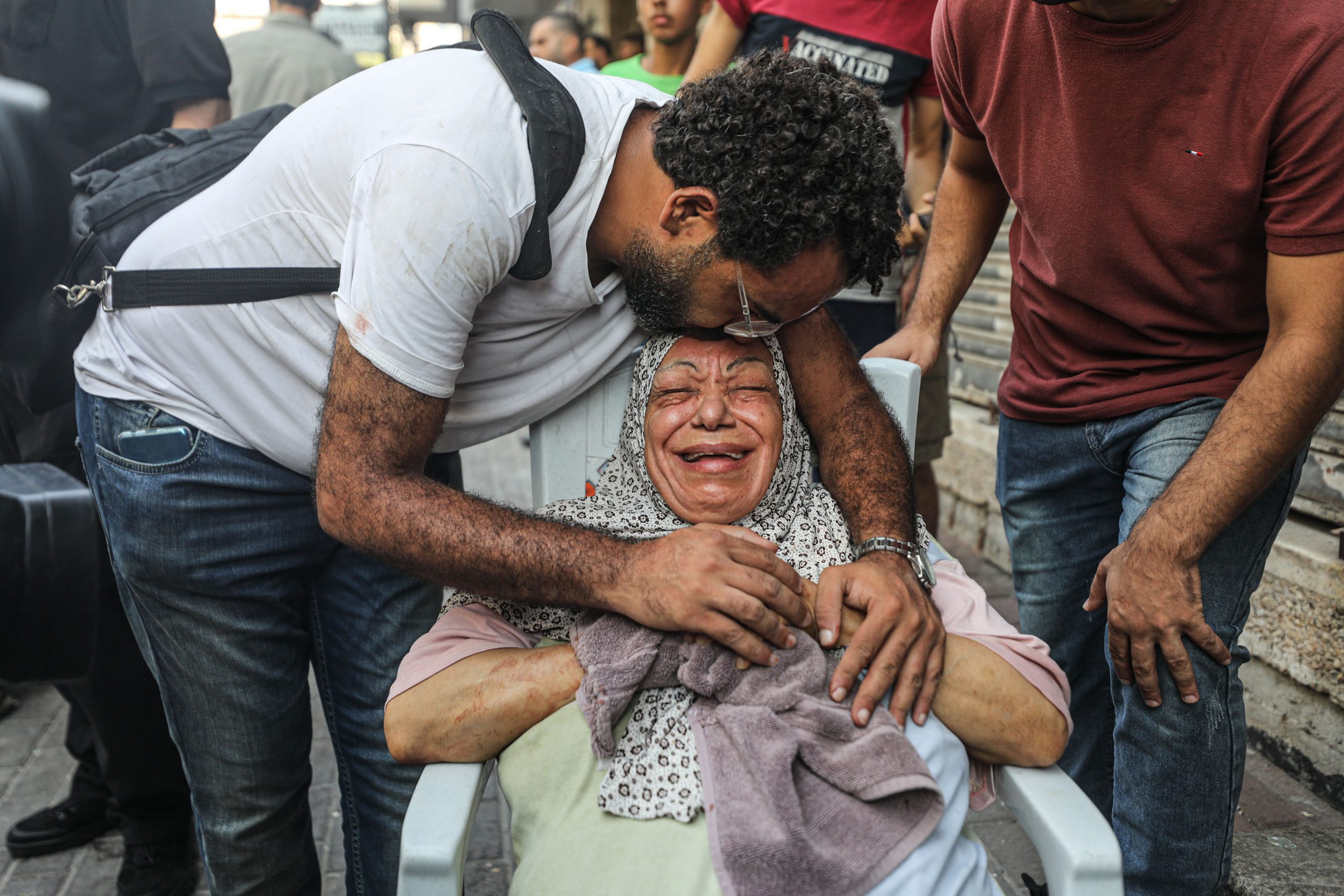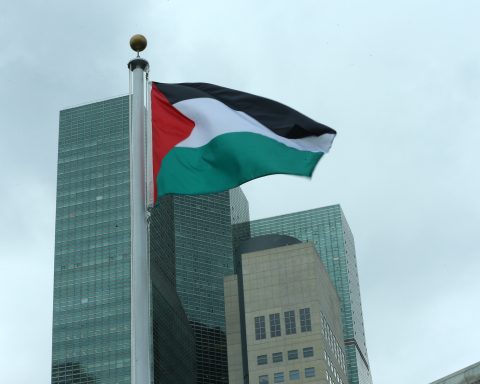Out of nowhere, Israeli warplanes launched a fierce attack against the blockaded Gaza Strip on Friday, killing, until this very moment, 12 Palestinians, including a five-year-old child.
Given the fact that the last week saw different rounds of escalation in the West Bank with the Israeli occupation forces raiding the cities there and shooting many Palestinians, the situation in the Gaza Strip was largely calm with no single projectile fired from Gaza toward Israel in the past weeks.
Israeli officials claim that the recent escalation came to repulse an “intended” attack that was to be carried out by activists close to the Islamic Jihad Movement. However, no evidence was given to prove these accusations since the apartheid regime used to fabricate pretexts to justify its attacks on the ailing Gaza strip.
Though, there are many dynamics explaining why Israel was keen to launch a new offensive over Gaza. At first, to restore deterrence with the Palestinian resistance factions in the Gaza Strip who, by the end of the 2021 war, managed to convey the confrontation with Israel into close fronts in the occupied West Bank. It also has something to do with the domestic political affairs in Tel Aviv, where the Israeli parties are heading to a fresh Knesset election in November. It also carries a regional message to Iran and Hezbollah considering the Israeli onslaught is pounding the Islamic Jihad Movement’s positions as a Palestinian group close to Iran.
The latest war Israel launched over Gaza was in 2021 after the Palestinian resistance groups intervened to rebuff the Israeli bids to seize control over the Sheikh Jarrah neighborhood in Jerusalem. That move was highly welcomed by the Palestinian people everywhere, mainly those based in Israel, Jerusalem, and the West Bank. For the first time in decades, we saw Palestinians inside Israel taking to the streets, raising Palestinian flags and chanting for the Gaza-based resistance factions. As well, we’ve seen what can we term a “rebirth” of non-organized resistance groups in the West Bank that follow Hamas and Islamic Jihad, with the latter having more presence in different parts there, mainly in the West Bank’s Jenin refugee camp.
Israel carried out many raids against these groups in the West Bank and killed dozens of fighters. It kept saying that those non-organized fighters were directed by the leadership of Hamas and Islamic Jihad in Gaza, despite the fact that most of them were mere volunteers, as it is very complicated to get in contact with leaders in the under-full-surveillance Gaza. Israel is targeting the Gaza Strip these days to smash the image that was shaped by thousands of Palestinian youth in the West Bank that the Palestinian resistance could be their only hope to get rid of the decades-long occupation.
The second dynamic relates to Israeli domestic politics; the country is heading to a parliamentary election next November. The current Prime Minister, Yair Lapid, always feels that he is under pressure. He spearheaded the current offensive not only because he is fearful of Netanyahu’s return in the upcoming elections but also to clean up his image and reassure the Israelis that he is emboldened enough to direct a painful strike against the Palestinians.
Given the fact that Lapid never served in the Israeli army, he is haunted by the ghost of the end of his political career. Lapid is among the third generation of politicians in Israel who ascended to power by partisan odds since he has no history in the Israeli army nor intelligence, which matters a lot among the Israeli political circle. This inferiority complex Lapid suffers from led dozens of Palestinians, including innocent civilians, to pay a very heavy price, and he himself may pay a heavy price as the Israeli citizens who were herded to the underground shelters are asking about the reasons for this abrupt operation.
Thirdly, Israel, through this operation is sending a regional message to Iran that it can neutralize its arms in the region. Israel was always eying the Islamic Jihad Movement as nothing but an Iranian arm in Palestine which the group vehemently denied. Iran was receiving the Islamic Jihad chief Ziyad Nakhala at the exact timing of the offensive.
Not to mention that Israel, by attacking positions belonging only to the Islamic Jihad Movement, was seeking to show the Palestinian resistance as a fragmented front, but this was highly refuted by the Hamas military wing’s leaders, who asserted that they were directing the confrontation against Israel together.
It is worth mentioning that neither Israel nor the Palestinian resistance are looking forward to a long escalation. However, Israel is committing war crimes in Gaza by pounding civilian homes and establishments, which may lead to the escalation to an unexpected level. The Egyptian mediators are not trusted like before, and found themselves embarrassed after the Israelis promised to de-escalate before Friday’s crime. As usual, Israel betrayed the mediators and the Palestinian resistance.














